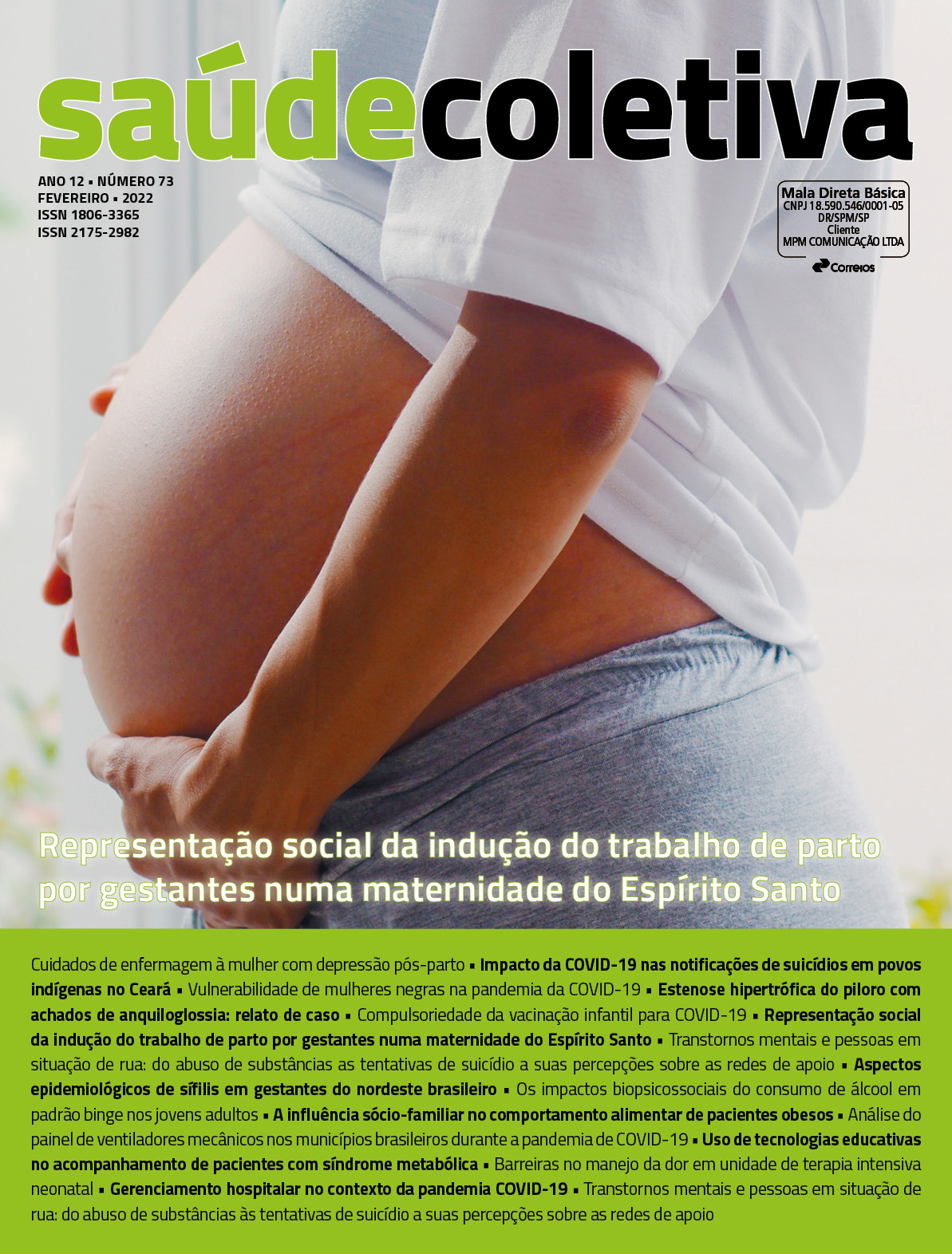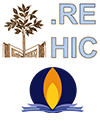Compulsoriedade da vacinação infantil para COVID-19
DOI:
https://doi.org/10.36489/saudecoletiva.2022v12i73p9573-9586Keywords:
Vacinação, Consentimento Livre e Esclarecido, Efeitos adversosAbstract
Law n. 13.979/2020 provided for the possibility of compulsory vaccination for combating the coronavirus pandemic, and the Supreme Court decided that compulsory vaccination is distinct from forced vaccination, and the person's consent must be obtained and allowed its refusal, but indirect measures may be adopted. The National Plan for the Operationalization of Vaccination against Covid-19 included the vaccination of children from 12 years of age, after approval of the Pfizer vaccine by Anvisa. There is, however, an conflict: what are the ethical and legal obstacles placed before compulsory child vaccination? This study tackles two of these obstacles: informed consent process versus compulsory vaccination, and the absence of a national policy of reparation for adverse effects. It is concluded, then, that the child vaccination program against Covid-19 must guarantee the necessary safety for individual health, in order to conciliate public interest and collective health without abandoning fundamental individual rights.







